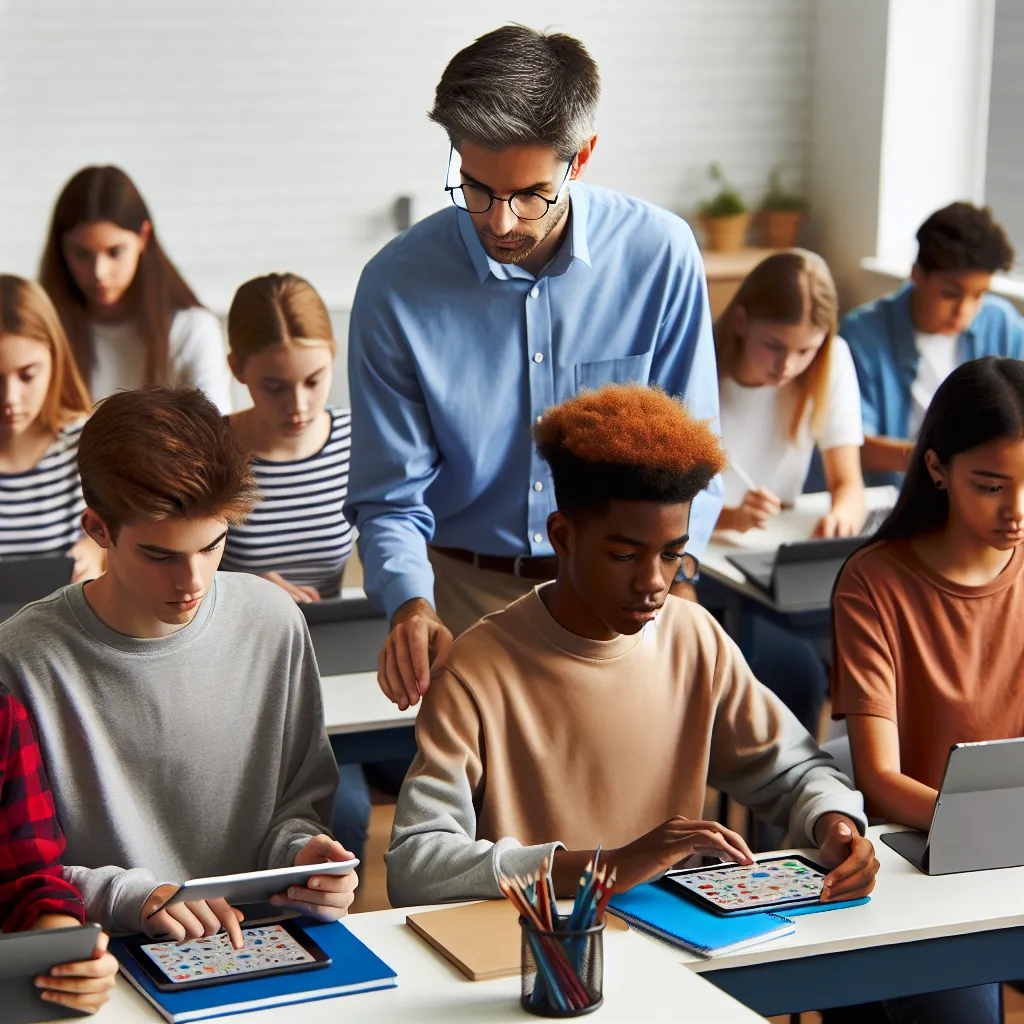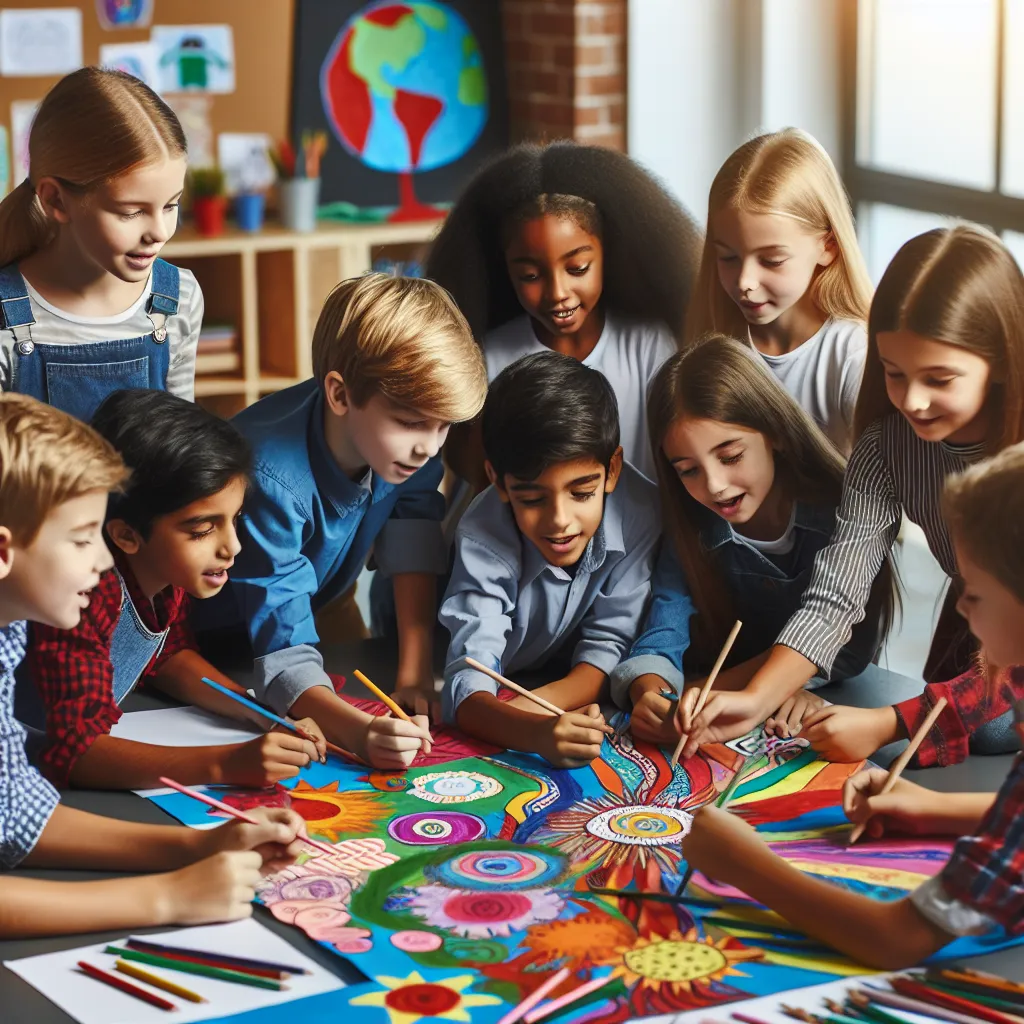The topic of hands-on learning in child education is increasingly relevant in today’s educational landscape. This subject has appeared in various forms in past IELTS exams and is likely to continue being a popular theme. Let’s explore a sample question and provide model essays to help you prepare for this potential topic in your IELTS Writing Task 2.
Nội dung bài viết
Analyzing the Question
Some people believe that children should learn through practical experiences rather than formal classroom education. To what extent do you agree or disagree with this view?
This question asks for your opinion on the balance between hands-on learning and traditional classroom education for children. It’s essential to:
- Clearly state your position
- Provide reasons and examples to support your view
- Consider counterarguments
- Conclude with a summary of your stance
Model Essay (Band 8-9)
In recent years, there has been a growing debate about the most effective methods of educating children. While some advocate for a primarily experience-based approach, I believe that a balanced combination of practical learning and formal classroom education is the most beneficial for a child’s overall development.
Undoubtedly, hands-on experiences offer numerous advantages in a child’s learning process. Practical activities engage multiple senses, which can enhance memory retention and deepen understanding of complex concepts. For instance, a child learning about plant growth through actually planting and nurturing a seed will likely gain a more profound and lasting comprehension than one who merely reads about the process in a textbook. Moreover, experiential learning often fosters creativity and problem-solving skills, as children must adapt to real-world situations and overcome unforeseen challenges.
However, formal classroom education remains crucial in providing a structured framework for learning. Traditional teaching methods are particularly effective in imparting foundational knowledge and skills, such as literacy and numeracy, which are essential for further learning and academic progress. Additionally, classroom settings offer opportunities for collaborative learning and social interaction, vital aspects of a child’s development that may be limited in purely experiential learning environments.
Furthermore, the controlled environment of a classroom allows for systematic assessment and targeted intervention, ensuring that each child’s learning needs are identified and addressed. This structured approach is particularly important in subjects that require sequential learning, such as mathematics or language acquisition, where each concept builds upon the previous one.
In conclusion, while hands-on experiences are invaluable in enriching a child’s education, they should complement rather than replace formal classroom learning. The ideal educational approach should strike a balance, incorporating practical experiences to reinforce and extend the knowledge gained through structured lessons. This integrated method would provide children with a well-rounded education, preparing them for the complexities of the modern world.
(Word count: 298)
 Hands-on learning in classroom
Hands-on learning in classroom
Model Essay (Band 6-7)
There is a debate about whether children should learn through practical experiences or formal classroom education. In my opinion, both methods are important, but I believe that a mix of the two is the best approach for children’s education.
Practical experiences have many benefits for children’s learning. When children learn by doing, they can understand things better and remember them for longer. For example, if a child learns about animals by visiting a zoo, they will probably remember more than if they just read about animals in a book. Also, hands-on activities can make learning more fun and interesting for children, which can help them stay motivated to learn.
However, formal classroom education is also very important. In classrooms, children learn important basic skills like reading, writing, and math. These skills are necessary for all other types of learning. Also, in classrooms, children learn how to follow rules and work with others, which are important skills for life.
Classroom learning also allows teachers to check how well children are learning and help them if they are having difficulties. This is harder to do with only practical experiences.
I think the best way is to use both methods together. For example, children could learn about science in the classroom and then do experiments to see how things work in real life. This way, they get the benefits of both types of learning.
In conclusion, while practical experiences are very valuable for children’s education, I believe they should be used along with formal classroom learning. This combined approach can give children a better and more complete education.
(Word count: 268)
Key Points to Remember When Writing
-
Structure: Ensure your essay has a clear introduction, body paragraphs, and conclusion. Each body paragraph should focus on a single main idea.
-
Language: Use a range of vocabulary and grammatical structures appropriate to your band level. For higher bands, incorporate more sophisticated language and complex sentence structures.
-
Coherence and Cohesion: Use linking words and phrases to connect your ideas smoothly. Ensure there’s a logical flow between paragraphs.
-
Task Response: Fully address all parts of the question and provide a clear position throughout the essay.
-
Examples: Use specific examples to support your points. For higher bands, these should be more detailed and nuanced.
Vocabulary to Remember
Here are some useful vocabulary items related to this topic:
- Experiential learning (noun) /ɪkˌspɪəriˈenʃəl ˈlɜːnɪŋ/ – Learning through experience and reflection
- Hands-on (adjective) /ˌhændz ˈɒn/ – Involving practical experience and participation
- Pedagogical (adjective) /ˌpedəˈɡɒdʒɪkl/ – Related to teaching methods
- Cognitive development (noun phrase) /ˈkɒɡnətɪv dɪˈveləpmənt/ – The growth of intellectual capabilities
- Holistic education (noun phrase) /həˈlɪstɪk ˌedjʊˈkeɪʃn/ – Education focusing on the whole person
- Kinesthetic learning (noun phrase) /kɪnəsˈθetɪk ˈlɜːnɪŋ/ – Learning through physical activities
- Curriculum (noun) /kəˈrɪkjələm/ – The subjects comprising a course of study
- Rote learning (noun phrase) /rəʊt ˈlɜːnɪŋ/ – Learning based on repetition and memorization
Conclusion
The role of hands-on learning in child education is a significant topic in modern pedagogical discussions and is likely to appear in various forms in IELTS Writing Task 2. By understanding the key arguments and having a range of relevant vocabulary at your disposal, you’ll be well-prepared to tackle this subject.
For further practice, consider writing your own essay on this topic or related themes such as:
- The importance of play in early childhood education
- The role of technology in modern classrooms
- Balancing academic and practical skills in education
Remember to focus on clear structure, relevant examples, and appropriate language use. Feel free to share your practice essays in the comments section for feedback and discussion. This active engagement will significantly enhance your IELTS writing skills.
To further explore related topics, you might find these articles helpful:
- How to Nurture a Love of Science in Children
- The Role of Education in Promoting Social Cohesion
- Online Education Benefits
These resources can provide additional context and vocabulary to enrich your understanding of educational topics, which are frequently featured in IELTS writing tasks.


